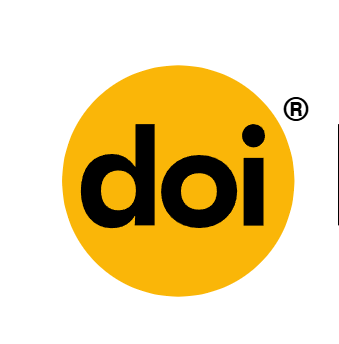Editor's Guidelines
Editors are responsible for managing the manuscript review process, making suggestions regarding acceptance or rejection of manuscripts, and encouraging the submission of excellent articles.
The following guidelines
for editors are derived from the COPE Code of Conduct and Best Practice Guidelines for Journal Editors. Selection of Reviewers Editors are responsible for carefully selecting appropriate reviewers for manuscript submissions. These reviewers must be able to accurately evaluate the work and must not have any conflicting interests that might prevent them from being considered. Editors should select at least three reviewers to provide expert opinions. If reviewers continue to provide rude, poor-quality, or late reviews, editors should discontinue their use. To identify potential new reviewers, editors should not rely solely on personal contacts but should also search a variety of sources, such as bibliographic databases.
Review Process
Editors must ensure that all assigned manuscripts are processed in a timely manner, reaching a preliminary decision within a period of 3 months. Editors must make every effort to process all assigned papers, regardless of subject area. Only in exceptional circumstances will a paper be returned to the Section Editor for reassignment. Section Editors aim to allocate papers appropriately, ensuring that work is distributed fairly among editorial board members. Occasionally, it is unavoidable to assign a paper to an editor outside their area of expertise. Even if the decision is clearly consistent with the reviewers' comments, editors must provide written feedback to the authors. In such cases, a brief summary of the reviewers' comments in one or two sentences is sufficient. Editors must be prepared to provide a convincing explanation for any significant deviation from established peer review procedures. Before accepting a review, editors must require reviewers to disclose any potential conflicts of interest. Editors must carefully evaluate reviewers' performance and take appropriate measures to ensure a high level of quality. Editors should encourage reviewers to provide feedback regarding ethical concerns and potential research and publication misconduct that may appear in submitted papers (such as unethical research methodology, data manipulation, and inappropriate presentation). Reviewers should assess the originality of submitted papers and be alert for duplicate publications and plagiarism. Decisions Editors' recommendations for accepting or rejecting a paper for publication should be based on both peer reviews and their own assessment of the paper's significance, originality, and clarity, as well as the validity and relevance of the study to the scope of the journal. If a submitted paper does not meet the journal's criteria, editors are encouraged to recommend immediate rejection. Editors should exercise caution when considering reversing a decision to accept a submitted paper, only if significant problems have been identified in the submitted paper. Regarding previous editors' decisions, new editors should refrain from reversing publication decisions unless they discover serious problems with the submission. In the event of suspected misconduct or authorship disputes, it is the editors' responsibility to inform the editor-in-chief or publisher and address them accordingly.





